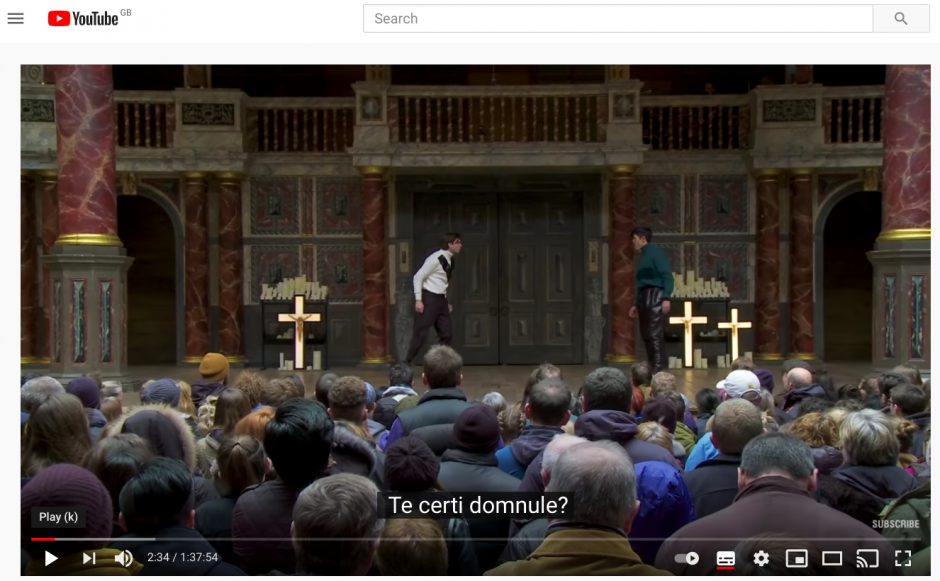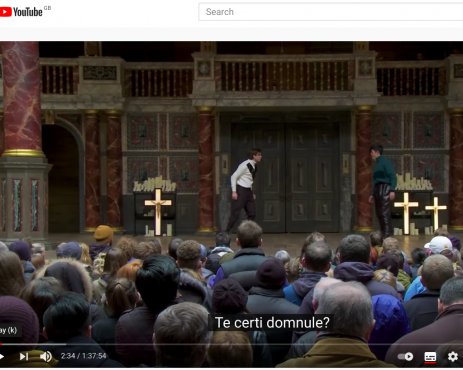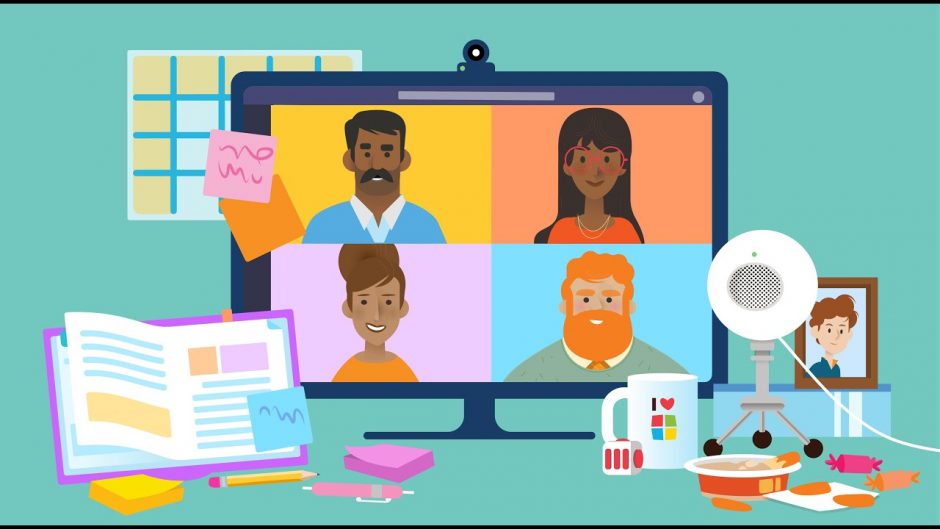Culture clearly takes a hit in lockdown. That said, many creatives, get creative in response.
As far the Bard, the appetite is insatiable. There has been social media vodcasts, online productions and the release and re-release of various productions.
In lockdown, delivering remote learning, I was thinking how I might help our learners access the language of Shakespeare? I have the vocab, power vocab (keyowrds) and “Elizabethan English” as tags on https://classroom.remembermore.app/. Then, I found a handful of re-releases – with one, absolute gem, delivering the wonders of Shakespeare to which ever device my students were consuming their learning from – (12/17 laptops or PC, 2 tablets, 3 phones.) For what it is worth, those learners attending – have been magnificent and determined.
Supported by Deutsche Bank, specifically adapted for young people, free until until February half-term 2021, you too can find Shakespeare’s Romeo and Juliet from the Wooden O. That, and a bevy of interesting resources on their Romeo and Juliet microsite, like this interview on the importance of “time” from Director Michael Oakley.
“What you realise in this play is that they meet on Sunday night and they’re dead by Wednesday evening/Thursday morning…“
Still – I was thinking about both my, our students and some of my colleagues, teaching our students, and I was thinking how could I make the language of Shakespeare more accessible. Like with Google Meet – I gave thought to Youtube (Google product) captions – and sure enough, these captions can be live translated (just as they can in Google Meet) into 35 different languages.
Mouse over the arrow in the bottom right of the Youtube player and then choose the CC option to see the captions menu. Once you do, you will see the default language and the ability to “translated” the captions. Once you click on “translate,” you will be able to choose from 35 different languages.



